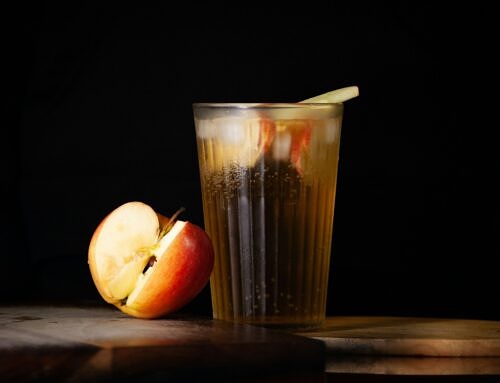
Getting enough, isn’t always enough of the right thing
Being able to eat enough food does not mean that you are eating the right food to support your health. A rolling survey is conducted by the UK government to help understand the nutritional intake of the UK population: https://www.gov.uk/government/statistics/ndns-results-from-years-9-to-11-2016-to-2017-and-2018-to-2019. And, while I do not necessarily agree with all of the narrative the report contains, the statistics are revealing. The report issued in December 2020 (with findings from 3,558 individuals) included details such as:
- The free/added sugar intake as a percentage of total energy intake was 9.9% for adults aged 19 to 65 years and 12.3% for children aged 11-18 years (the recommendation is for no more than 5% of total energy intake).
- The average fibre intake of adults aged 19-64 is just 66% of the recommended daily intake of 30g per day.
- Red blood cell levels of folate were below the threshold level in 13% of adults aged 19-65 years; and 89% of women aged 16 to 49 years had a concentration lower than the threshold indicating an increased risk of neural tube defects. Looking at the levels in the blood serum, these numbers change to 52% for both groups.
- The average iron intake of women aged 19-64 years was just 76% of the recommended intake.
Clearly something is going wrong, especially when we consider how readily available healthful food is for so many people. Are people simply not aware of their dietary needs, or are they not aware of the nutritional benefits/detriments of the food they are consuming?
This is why I offer nutritional reviews as stand-alone packages (for those with no known health conditions) and as part of two of my nutritional therapy packages. Here I look at client’s diets in close detail and work with the client to improve their nutritional intakes as appropriate to their personal needs.
Take a look at the services appropriate to you, and let me help you form healthier habits for a healthier you.



